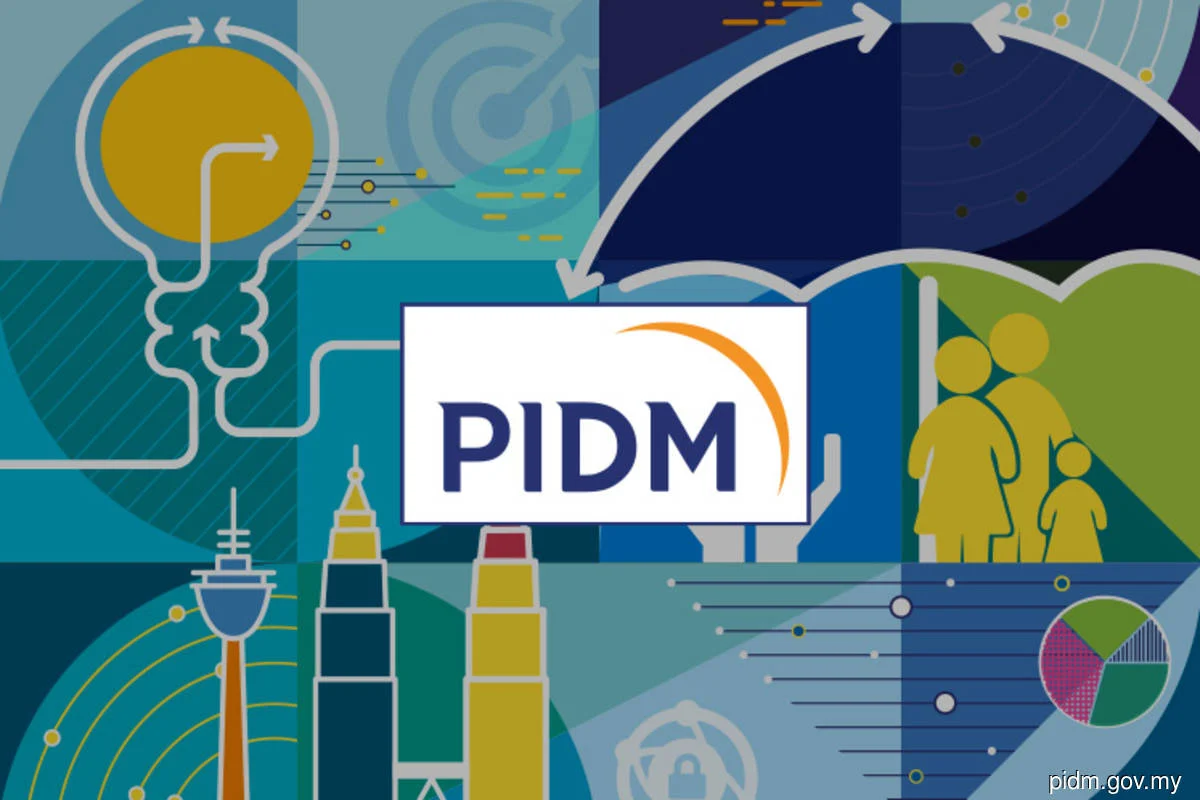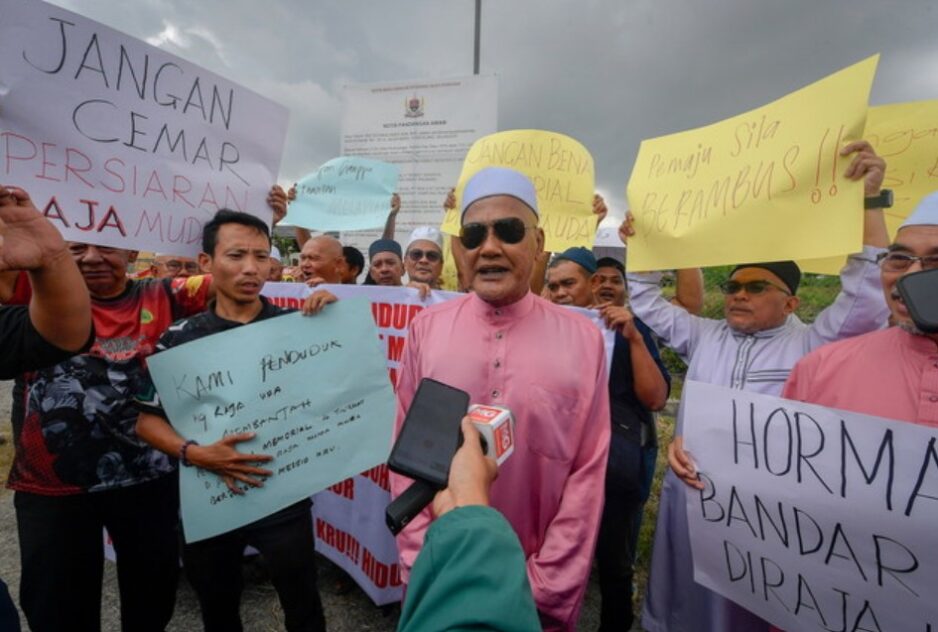AT the 2020 Bahrain Formula 1 (F1) Grand Prix, Romain Grosjean survived a dramatic crash which caused his race car to go up in flames.
This seemingly miraculous escape would not have been possible before the turn of the millennium.
The tragic events of the 1994 San Marino Grand Prix, where three-time world champion Ayrton Senna and Roland Ratzenberger suffered fatal crashes, led to widespread changes to safety measures for F1 racing, including the introduction of the halo head protection gear which saved Grosjean’s life.
The experience of F1 resonates well with the financial system. Following the Asian Financial Crisis in 1997/98, Bank Negara Malaysia (BNM) implemented many institutional reforms that led to the strong and stable financial system we have today.
As an initiative under the Financial Sector Masterplan, Perbadanan Insurans Deposit Malaysia (PIDM) was established in 2005 to protect the savings of bank depositors via its Deposit Insurance System (DIS).
In 2010, the scope of protection was expanded to cover takaful certificate and insurance policy owners under its Takaful and Insurance Benefits Protection System (TIPS).
Just like the halo, the “life-saving” DIS and TIPS mechanisms ensure that the savings of depositors and benefits of takaful certificate and insurance policy owners are intact in a failure of any PIDM member bank or insurer.
As a result, financial consumers can remain assured and confident in the Malaysian financial system during good and bad times.
The case for “just-in-case” protection systems
In F1, there are “just-in-time” measures like making the necessary repairs, replacements or adjustments during a pit stop, where the service is received as close as possible to when they are actually needed.
However, there are many other “just-in-case” safety measures and actions which are anticipatory in nature and ensure that key risks relating to the cars, tracks and other elements are mitigated well in advance to support safe and optimal racing conditions.
Similarly, there are three important “just-in-case” features underpinning PIDM’s protection systems:
PIDM’s risk-based differential premium and levy systems
The design of PIDM’s protection systems includes the collection of funds from member institutions before a potential crisis occurs.
The collection rates are determined by the institutions’ individual risks – the better the risk profile, the lower the contributions, and vice versa. This helps promote sound risk management in the financial system.
PIDM’s role as resolution authority for its member institutions, which contributes to financial stability
PIDM has a wide range of legislative powers and tools that enable it to intervene early and resolve any troubled member institution in a manner that minimises costs to the financial system.
This supports PIDM’s strategic priority to develop an effective resolution regime for Malaysia, where orderly resolution of such institutions can take place without disrupting the financial system as a whole.
The financial safety net structure, which seeks to prevent and deal with failures of financial institutions
In Malaysia, BNM, PIDM and the Finance Ministry form a comprehensive financial safety net. This system is backed by collaborative arrangements between PIDM and other authorities for effective policy coordination and joint efforts to improve crisis preparedness.
You had me at “halo”?
The halo was poorly received by F1 drivers upon its 2018 debut. It was deemed unnecessary, aesthetically unappealing and contrary to the motorsport spirit of risk-taking.
A fundamental criticism was the rarity of severe accidents for which the halo was designed to withstand against, and protect drivers.
The V-type three-point safety belt invented in 1959 by Nils Bohlin, an engineer at Volvo, faced a similar experience.
Its life-saving advantage was so significant that Volvo decided to share its patent design with other car manufacturers.
However, measures to make it compulsory were met with opposition over many years. Eventually this safety feature was adopted by automakers, the public, and lawmakers, and has since been recognised to have saved more than a million lives.
Similarly, a longer-term perspective is required to appreciate the value of societal protection systems, which serve to insure individuals and households against “low likelihood, high impact” events – just in case it happens.
In the case of the Malaysian financial system, it remains strong and resilient without any failure of PIDM member institutions to-date.
Nevertheless, PIDM strives to maintain a high level of readiness to activate its protection systems for financial consumers and maintain public confidence in the financial system should a crisis transpire over the longer term.
Foresight is better than hindsight
William Blake, the famous English poet, once said, “hindsight is a wonderful thing but foresight is better, especially when it comes to saving life, or some pain”.
While recuperating in his hospital bed, Grosjean admitted, “I wasn’t for the halo some years ago but I think it’s the greatest thing we brought to F1. Without it, I wouldn’t be able to speak to you today.”
Grosjean was speaking, of course, with the benefit of hindsight. However, it was the foresight of the engineers, campaigners and regulators who believed in the halo which saved his life.
The same goes for those indebted to Bohlin’s life-saving three-point seatbelt. As for the millions of financial consumers in Malaysia, these resilient protection systems born out of foresight will ensure that in case the unexpected happens, life can go on for them and their loved ones. – Aug 31, 2022
This article is contributed by PIDM’s Corporate Communication Department.
The views expressed are solely of the author and do not necessarily reflect those of Focus Malaysia.
Main photo credit: The Edge Markets










